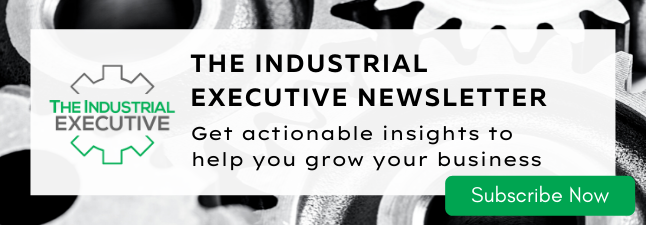Posted by Todd Hockenberry ● May 03, 2022
The Optionality Tax - Do You Have Too Many Options?
Do you list the things you will not do to focus on the ones you choose?
Do you specifically list the things you will intentionally not work on, pursue on the side, or even think about?
-2.png?width=1280&name=the-optionality-tax-do-you-have-too-many-options%20(1280%20%C3%97%20720%20px)-2.png) Every option has some cost, but those costs are hidden and not readily apparent in many cases.
Every option has some cost, but those costs are hidden and not readily apparent in many cases.
Keeping your options open is a drain on your energy and ability to improve. Too many options often prevent a deep commitment and focus on moving ahead. Fear of choosing drives too many options. The fear of making a decision. The fear of being wrong.
“It is better to let an idea go unpursued than to keep the option open, draining resources without an actual chance of success." @Sam Mallikarjunan, Inbound Organization 2018
Too many options can overwhelm us and create choice overload, sometimes called the paradox of choice. As consumers, we see this in our entertainment choices. So many shows, so little time. Plus, we are busy, so we don’t want to waste time on a show that is not good, so maybe we end up not watching anything at all (which is not always a bad thing)!
The same effect happens to your company when you refuse to choose.
I see companies refuse to choose:
- An industry or market segment
- An ideal prospect company
- A target persona
- A go-to-market strategy
- A consistent story and message about the company and what it does
- A narrow set of growth initiatives vigorously pursued
- A sales process that is consistently applied and improved
Saying no focuses everyone on the things you must get right to succeed.
Focusing means you are actively going in a chosen direction. Focusing allows what is essential to take priority.
Not saying no is a way to build consensus in some organizations. Not saying no to an option eliminates any offense the originator of the idea might feel if they are told the idea will not be pursued.
Too often, the decision is made based on what will make the least people unhappy. Not in what is in the customer's best interest and, ultimately, the organization.
Think about your plans for the year. Are they concise, clear, and easy to understand?
Or are they like the menu at Cheesecake Factory that lists every type of food known to man?
Is it possible that the Cheesecake Factory is good at making every one of these dishes?
Not a chance. But they are all in the freezer waiting to be re-heated into an overpriced and mediocre meal that may appeal to the lowest common denominators of consumer taste. Still, they are certainly not memorable or exciting, much less high quality. The cheesecake is good, though.
Dharmesh Shah talked about the “optionality tax” in Dan Tyre’s and my book, saying:
“The optionality tax is one of the biggest lessons we’ve learned at HubSpot. In the early stages, we often need to keep our options open because there’s no telling what we’re going to run into, and the chances are high that we’ll head down some dead-end roads and need to backtrack.
But, this gets more expensive over time. Too many entrepreneurs (including me) make the mistake of thinking something is a costless option. Truth be told, there is no such thing. Every option has some cost – it’s just that in many cases, they are hidden costs.
And, the optionality tax is not limited to just target market selection. It is everywhere”. Inbound Organization, Wiley 2018
Too many options are a tax on your attention and focus. Plus, they are a tax on your prospects and customers, not to mention your team that has to try and make those prospects and customers happy.
Too many options are a tax on the ability to refer your company? What is your specialty? How would I know if you don’t?
Too many options are a tax on your credibility.
And most importantly, too many options are a tax on your ability to deliver results.
You can’t be everything to everyone.
Choose or lose.
Topics: Inbound Organization, Marketing





